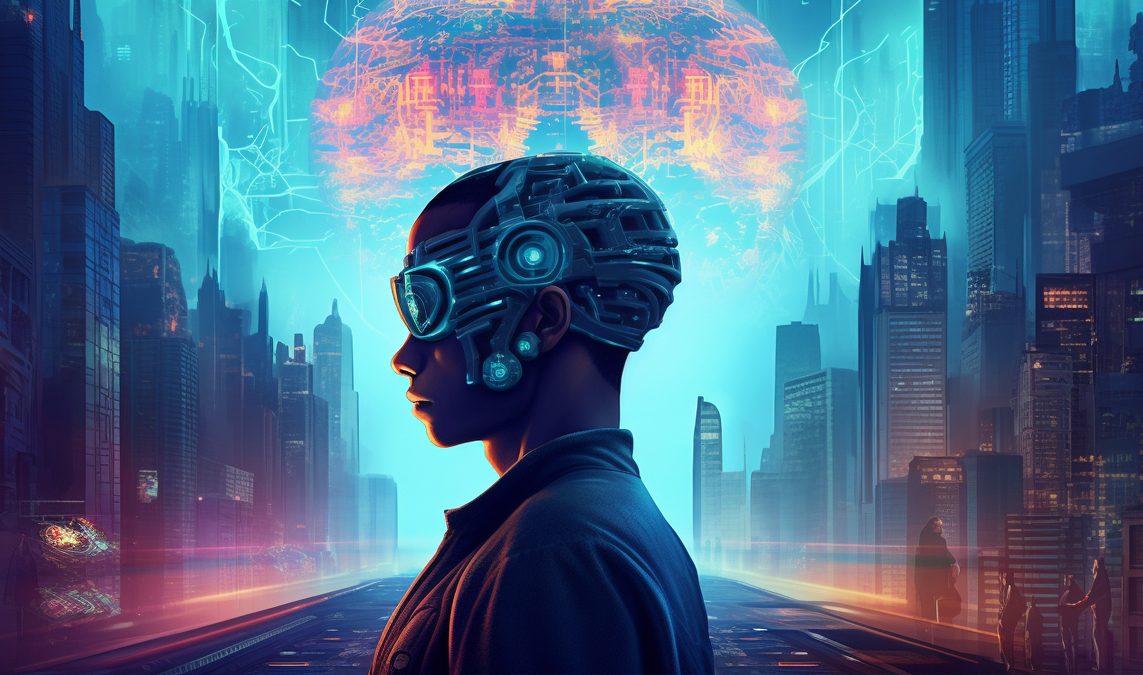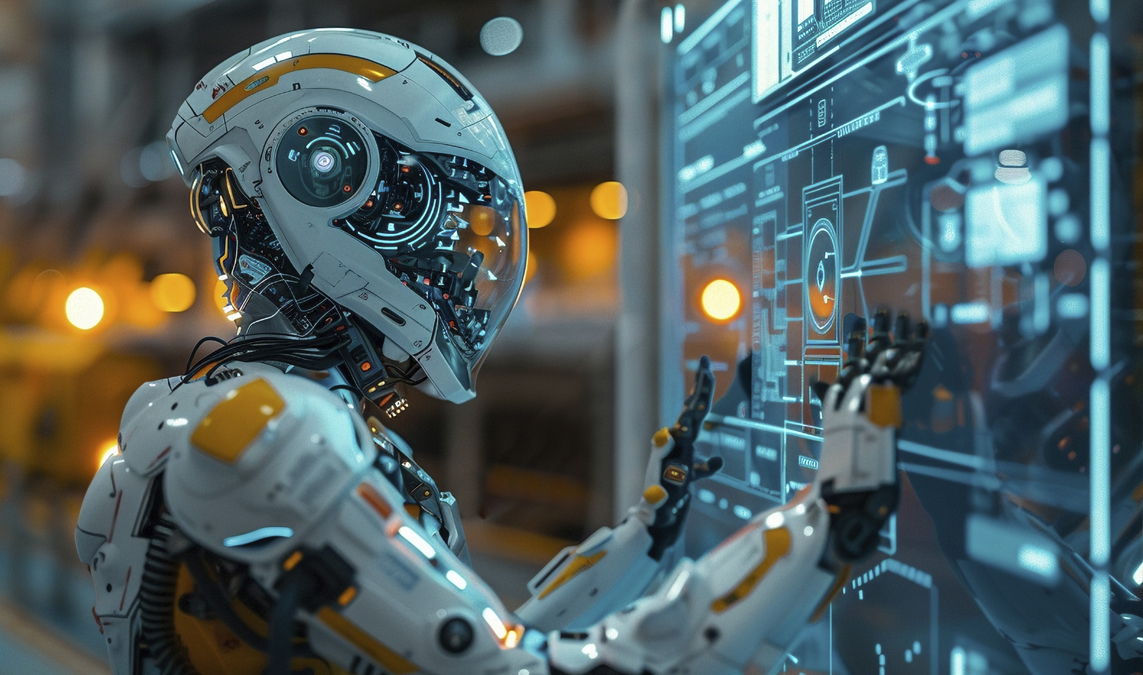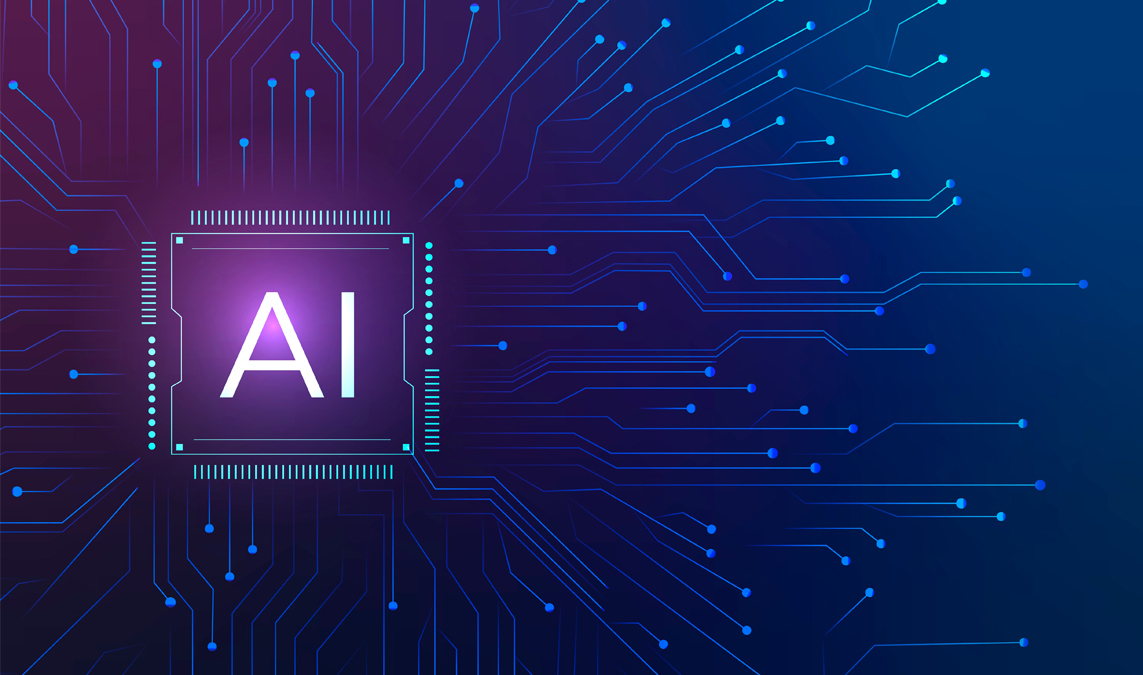Artificial Intelligence (AI) has rapidly transformed from a futuristic concept into a tangible force reshaping our world. At the heart of this evolution lies a core component: the intelligent agent in AI. These autonomous systems are designed to perceive environments, process data, and make decisions that maximize their goals. While AI encompasses various subfields, intelligent agents form the operational backbone that allows machines to act rationally and adaptively.
In this article, we will explore what defines an intelligent agent in AI, its components, types, and real-world applications. Additionally, we will examine how these agents contribute to technological progress and what future developments might look like.
What Is an Intelligent Agent in AI?
An intelligent agent in AI is a system that perceives its environment through sensors and acts upon that environment using actuators to achieve specific goals. These agents can range from simple rule-based programs to complex, learning-based architectures.
To function effectively, every intelligent agent in AI must include the following components:
Sensors: Input devices or data systems that gather environmental data.
Actuators: Output mechanisms that allow the agent to take action.
Agent Function: The core logic or algorithm determining what actions to take.
Performance Measure: A metric to evaluate how well the agent achieves its goals.
By combining these elements, intelligent agents make autonomous decisions in real-time, adapting to changing conditions and learning from experience.
Types of Intelligent Agents in AI
Understanding the classification of intelligent agents helps clarify their purpose and complexity. There are five primary types:
1. Simple Reflex Agents
These agents respond to current percepts using condition-action rules. They are fast but lack memory or adaptability.
2. Model-Based Reflex Agents
By maintaining an internal model of the world, these agents can handle partially observable environments and respond with more context-aware actions.
3. Goal-Based Agents
These agents consider future actions and choose those that lead to a defined goal, incorporating planning and decision-making.
4. Utility-Based Agents
Beyond reaching goals, these agents evaluate the desirability of different outcomes to maximize utility and make nuanced decisions.
5. Learning Agents
These agents continuously improve their performance by learning from past experiences, making them ideal for complex, dynamic environments.
Real-World Applications of Intelligent Agents

The use of an intelligent agent in AI is not limited to academic experiments. In fact, many industries already benefit from their implementation. Let’s look at several domains where intelligent agents are making a real impact.
Autonomous Vehicles
Self-driving cars rely on intelligent agents to interpret road conditions, predict the behavior of other drivers, and navigate safely. They must make split-second decisions based on a combination of sensor inputs and learned behaviors.
E-Commerce and Recommendation Systems
Online platforms use intelligent agents to track user behavior and suggest products, services, or content. These agents analyze vast datasets to personalize user experiences, leading to increased sales and engagement.
Healthcare Diagnostics
AI-powered agents can assist doctors by analyzing medical records, recommending treatments, and even predicting disease outbreaks. Their ability to process complex datasets improves diagnostic accuracy.
Finance and Trading
In stock trading, intelligent agents monitor market trends, execute trades, and manage risks without human intervention. Their speed and accuracy offer a competitive edge in fast-paced environments.
Smart Home Devices
From thermostats to voice assistants, smart home devices use intelligent agents to learn user preferences and automate everyday tasks, improving comfort and energy efficiency.
Key Benefits of Using Intelligent Agents in AI
The proliferation of intelligent agents in AI is not accidental; these systems offer several significant advantages:
1. Efficiency
Tasks that once required manual input are now automated, saving time and resources.
2. Scalability
Intelligent agents can handle increasingly large datasets and complex systems without compromising performance.
3. Adaptability
Learning agents improve over time, adapting to new data, behaviors, and environments.
4. Consistency
Unlike humans, agents don’t suffer from fatigue, making their decisions predictable and consistent.
Challenges and Ethical Considerations
While intelligent agents in AI offer numerous benefits, they also raise challenges and ethical questions.
Data Privacy
Agents require access to vast amounts of data. Ensuring that user information is handled ethically is critical.
Accountability
When intelligent agents make mistakes—such as misdiagnosing a patient or causing an accident—it’s unclear who is responsible: the developer, user, or the system itself.
Bias in Decision-Making
If the data used to train an agent contains bias, its decisions will likely reflect those biases. This can lead to unfair or discriminatory outcomes.
Despite these challenges, ongoing research is dedicated to improving transparency, fairness, and control in intelligent agent design.
The Future of Intelligent Agents in AI
Looking ahead, the role of the intelligent agent in AI is only expected to grow. As hardware capabilities advance and algorithms become more refined, agents will become more autonomous, collaborative, and context-aware.
Future applications might include:
AI companions that provide emotional support.
Intelligent agents managing entire supply chains.
Virtual lawyers and doctors handling routine consultations.
Moreover, with the rise of multi-agent systems, where several intelligent agents interact and cooperate, we may see the emergence of AI-driven ecosystems capable of solving problems beyond the reach of individual agents.
Conclusion
The concept of the intelligent agent in AI is central to modern artificial intelligence applications. These agents provide the architecture and autonomy needed for machines to make decisions, solve problems, and adapt to new information.
From healthcare to finance, and from smart homes to self-driving cars, intelligent agents are transforming the way we live and work. Although challenges remain, the potential is immense. As we continue to integrate intelligent agents into our lives, their influence on society, economy, and culture will only deepen.







